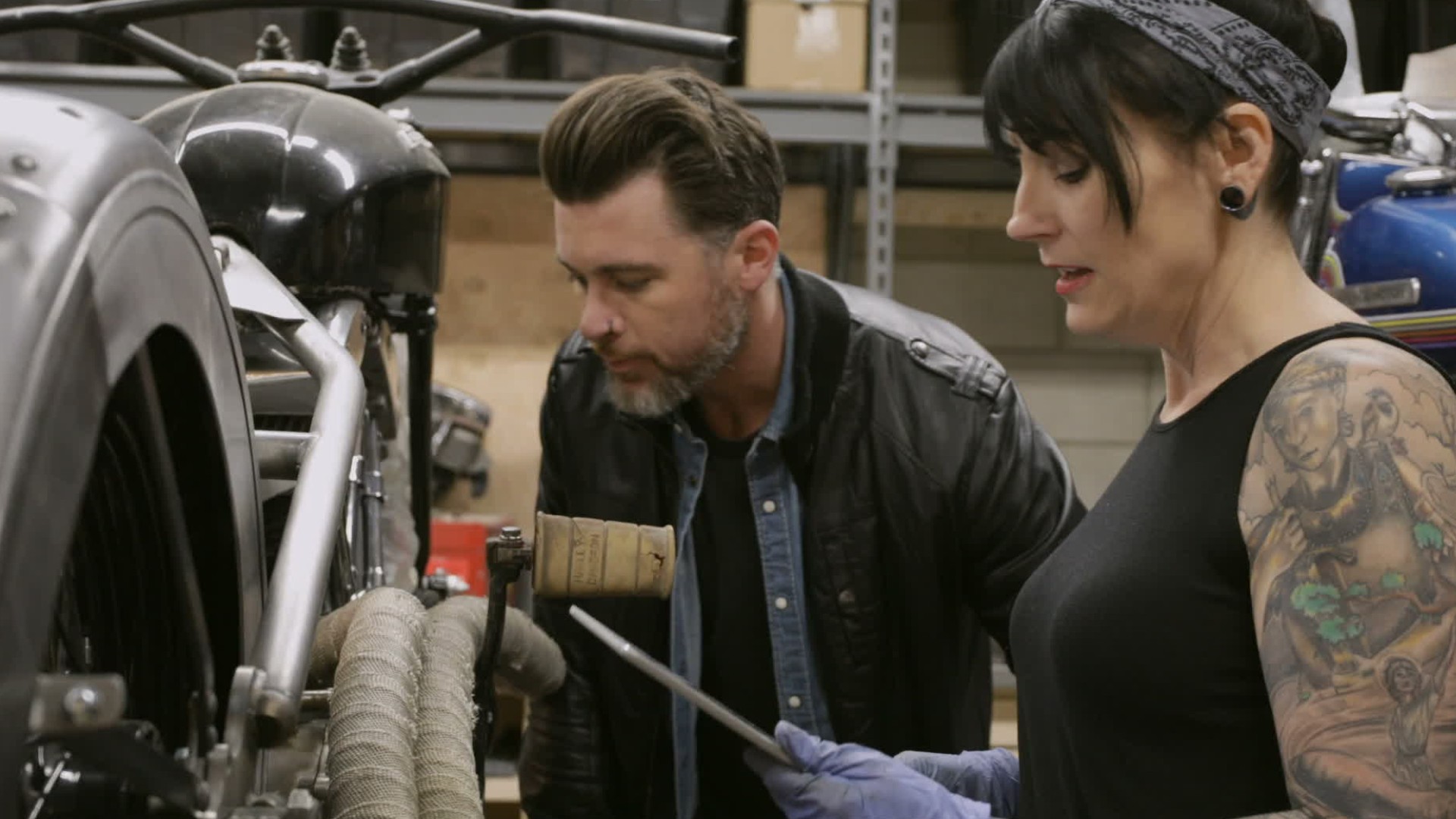Outdoor Power Equipment & Other Small Engine Mechanics
Mechanic, Outdoor Power Equipment Service Technician, Service Technician (Service Tech), Small Engine Mechanic
What they do:
Diagnose, adjust, repair, or overhaul small engines used to power lawn mowers, chain saws, recreational sporting equipment, and related equipment.
On the job, you would:
- Record repairs made, time spent, and parts used.
- Test and inspect engines to determine malfunctions, to locate missing and broken parts, and to verify repairs, using diagnostic instruments.
- Dismantle engines, using hand tools, and examine parts for defects.
Knowledge
Engineering and Technology
- mechanical
- product and service development
Business
- customer service
- sales and marketing
Arts and Humanities
- English language
Education and Training
- teaching and course design
Skills
Basic Skills
- thinking about the pros and cons of different ways to solve a problem
- listening to others, not interrupting, and asking good questions
Problem Solving
- noticing a problem and figuring out the best way to solve it
Abilities
Hand and Finger Use
- put together small parts with your fingers
- keep your arm or hand steady
Ideas and Logic
- notice when problems happen
- order or arrange things
Personality
People interested in this work like activities that include practical, hands-on problems and solutions.
They do well at jobs that need:
- Attention to Detail
- Dependability
- Cautiousness
- Integrity
- Perseverance
- Achievement Orientation
Technology
You might use software like this on the job:
Spreadsheet software
- Microsoft Excel
Data base user interface and query software
- RepairTRAX
- Smart Equipment Repair
Analytical or scientific software
- Land & Sea DYNO-MAX
- VersaDyne small engine test system
Education
Education: (rated 2 of 5)
high school diploma/GED or
some college
usually needed
some college
usually needed
Job Outlook
Average
New job opportunities are likely in the future.
Explore More
- Bus & Truck Mechanics & Diesel Engine Specialists
- Electric Motor, Power Tool, & Related Repairers
- Mobile Heavy Equipment Mechanics
- Motorboat Mechanics & Service Technicians
- Motorcycle Mechanics
You might like a career in one of these industries:
See more details at O*NET OnLine about Outdoor Power Equipment & Other Small Engine Mechanics.





